
Adoptee Story: Katie Baird
Adoptee Story:
Katie, born in South Korea, adopted to the United States.
INTRO: Fellow adoptee Katie shares her adoptee story with us, in her own words. She speaks with courage about her struggles, feeling alone growing up, taking control of situations in ways I think many adoptees can relate, and of a return to her first country where a glimmer of hope turned into being a mistake..

‘My name is Katie Baird and I was born on April 8, 1984 (36 years old). I was born at “Seoul Clinic,” located in Kuri Town (구리), Namyangju County, Kyonggi Province. My Korean name is Kang So Yung (강소영), however it was assumed my Korean name was given to me by an officer or someone at Holt Korea. The narrative I was given was my birth mother was most likely poor and possibly poor in health, which is the reason she chose to relinquish me. My papers document after giving birth to me and left a few days after, without providing any personal information to the hospital/clinic. I was taken from Namyang Joo County Office to the Holt Reception Center on April 13, 1984. I was kept in a foster home for 4 months. My adoption was also delayed due to a physical condition concerning my eyelashes laying on top of my eyeballs. After checking out healthy a few months later, I was officially adopted and brought to Louisville, Kentucky to meet my American family on August 4, 1984.
Growing up, I felt like no one understood me. Even though I always had close friendships and had opportunities than most to be involved in sports, clubs, or activities, I did not have any friends who looked like me or knew what it was like to be adopted. Being in private schools, I was the token minority, the representative of not just Korea, but of Asia. By third grade, my peers were pointing out my flat face and my small nose and asking why I did not look like my parents. Thankfully, I was a foot taller than my classmates, so I did not get bullied. I internalized the teasing, and honestly it made me a pretty mean kid. I knew exactly how to make someone feel bad about themselves, the way they made me feel about myself. Out of shame, I pretended like I knew the Korean language and write other kids’ names on a piece of paper with a bunch of gibberish symbols. I felt shame when I was forced to do a family tree for a class assignment. I felt embarrassed when I was teased when I could not answer on the spot, basic history questions because my mind often went blank out of anxiety, when called upon.
I was diagnosed with depression when I was 15 years old, which grew into suicidal ideation at 17. Grief and rejection started manifesting after I had a few important disappointments in high school, such as being cut from the volleyball team or not getting the music part I wanted in the school musical. It was as if the primal wound rejection and grief activated in my body and I did not know what to do with it. It was at 17 I started therapy, which led me into therapy on-and-off throughout my life.
My first visit to Korea was in 2009, when I was 25 years old. I participated in a two-week program for Korean adoptees to return to the homeland, which included tourist adventures the first week and an intense birth search the second week. Honestly, I was not ready for it. Prior to leaving for Korea, I received an email from the organization stating Holt Korea, my adoption agency, confirmed they had my birth mother’s name; however, it was such a common name, it was almost impossible to find her.
I was floored.
My paperwork never had my birth mother’s name included, and I grew up knowing I had no identifying information about her. I was so nervous knowing this, but my heart felt joy.
The Korean organization told all the participants it would be a good idea to bring a card and/or a gift just in case we met any members of our birth family on the trip. The night before I left, I found myself at Wal-Mart around midnight, in the card section. For about an hour, I criticized and evaluated every single card but could not find one that said something like, “Hi birth mom, I know it’s been a long time, but I think I love you. I think about you every day.”
I bought a blank card.
The day we visited Holt Korea, I met with a social worker to review my paperwork. Most of it was familiar to me, as I already had copies. The social worker told me they had my foster family’s contact information and they had attempted to contact the address but there was no answer. To this day, I do not know if I believe them.
At the end of the session, I told the social worker about the email I received about Holt Korea having my birth mother’s name. She looked at me strangely and said, “No, I don’t think so.” So I repeated the story of receiving the email confirming this. She took me downstairs to meet the Licensed Social Worker. They both walked toward me, the Licensed Social Worker with a clipboard in hand. I repeated my story again about receiving an email regarding my birth mother’s name. The Licensed Social Worker looked down at her clipboard, flipped a page or two, and said, “Sorry, no we don’t. We got you mixed up with someone else.”
I was devastated.
Honestly, I do not remember too much of the trip after this day. I returned to my small-town University and people asked, “How was your trip?” as if it were a vacation. I felt numb. I tried opening up to one friend, with tears in my eyes, about some of the moments in Korea and was interrupted by him telling me he needed to get back to what he was doing. It was not until a year later than I started talking about my experiences from my first birth search.
My second birth search was in 2012. After many discussions with my parents, I decided to pursue another search using media. I appeared on KBS’ “I Miss That Person” and had a 12-minute interview to tell my story. I shared my adoption story, my life, and talked about my birth mother and what I would say to her if I met her, to millions of Koreans on national television. There were many callers at the end of the show, but no one had identifying information about my birth family.
I felt exposed. Raw. I left Korea the same way I returned – No information.
I have not given up looking for my biological family. I often wonder about whether or not my biological mother and father think of me. If they wonder about me. Because I think about them often. I am very close to my parents. And even though the life I grew up in was very stable, healthy, and wonderful, I struggled (and still struggle) to reconcile the primal wound of separating from my mother at birth. I still struggle with depression and find comfort in our adoptee community knowing I am not alone. I also have Type 2 Diabetes and chronic fatigue, all things that are reminders of my lack of medical history.
Currently, I am focusing on creating safe communities within the adult adoptee space. I lead AdopteesRead Book Club, an adoptee-centered monthly book club as well as AdopteeSpeak, a weekly adoptee support group. I love connecting with adoptees, talking about mental health, and supporting others.
You can find me:
Instagram: @KatieTheKAD
Twitter: @KatieTheKAD
Amanda Medina
About Us
This Adoptee Life is where adoptees can explore their story, share their experience, and speak their truth, in support and community with fellow adoptees, and the world.

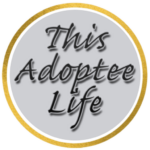


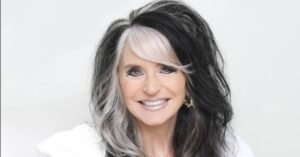
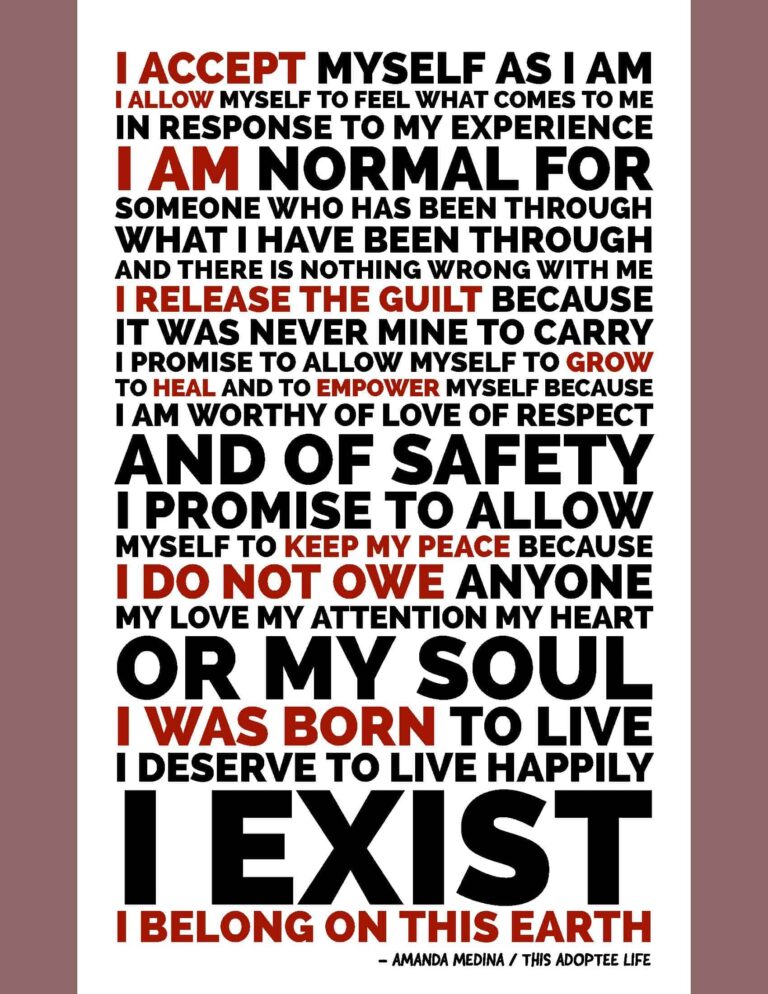
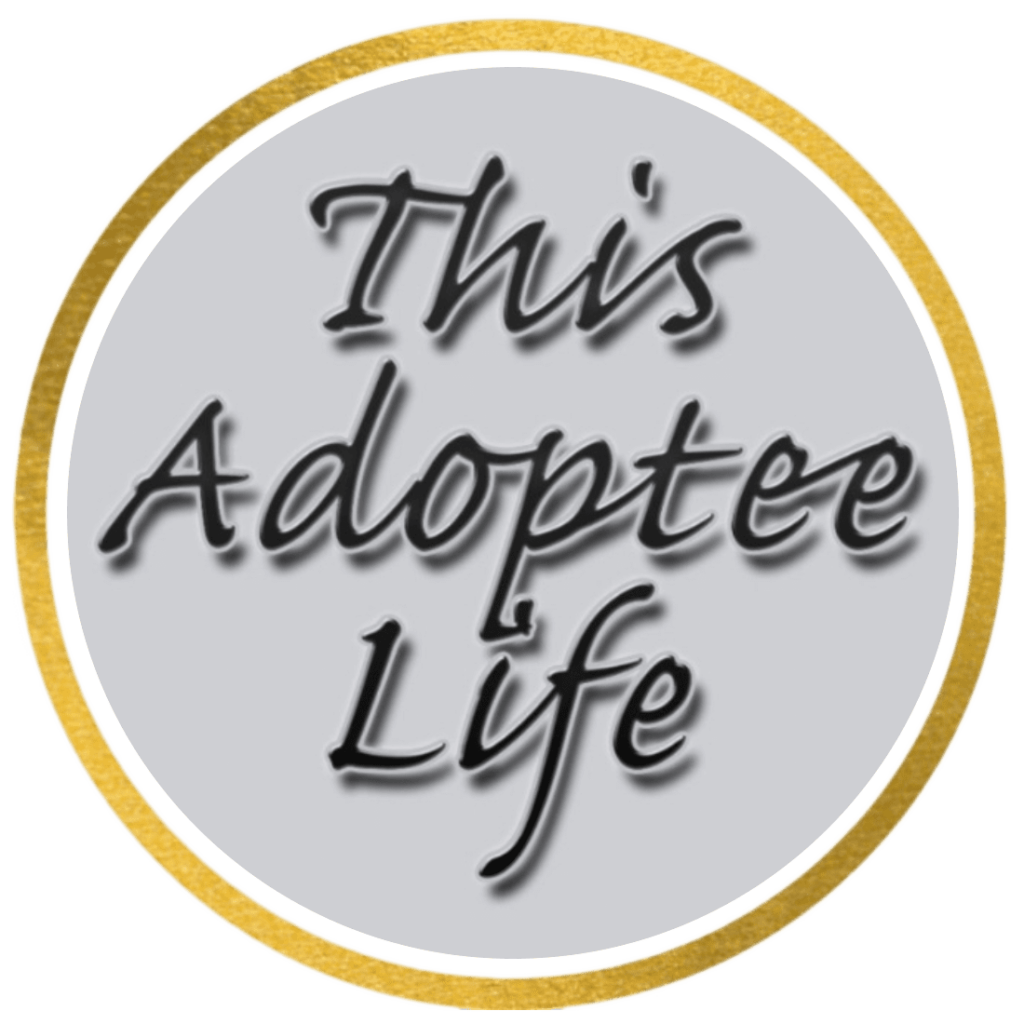
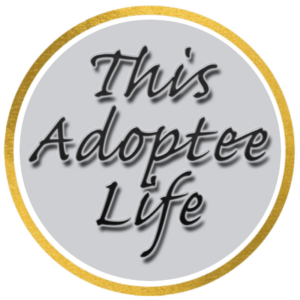
1 thought on “Adoptee Story: Katie Baird”
Your story is so moving. I often wonder if people in Korea have DNA programs like 23andme or ancestry, and if they use them, if it’s possible to connect even with cousins? I hope you find some of your first family, one way or another.
A fellow adoptee.